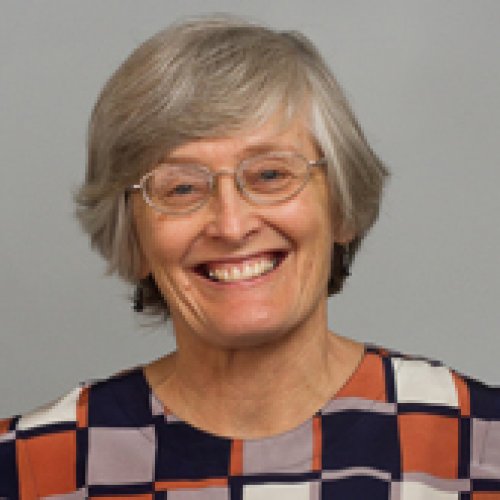 Dr Jo-Anne Everingham is a familiar name to many working in the mining industry. Since joining the Sustainable Minerals Institute’s (SMI) Centre for Social Responsibility in Mining (CSRM) in 2010, Jo-Anne has indefatigably supported those on the margins of society, particularly in regional Australia, through insightful research that has earnt her the respect of her colleagues, industry and government.
Dr Jo-Anne Everingham is a familiar name to many working in the mining industry. Since joining the Sustainable Minerals Institute’s (SMI) Centre for Social Responsibility in Mining (CSRM) in 2010, Jo-Anne has indefatigably supported those on the margins of society, particularly in regional Australia, through insightful research that has earnt her the respect of her colleagues, industry and government.
July 29 2021 marked Jo-Anne’s final day as a Senior Research Fellow at CSRM –a day after her final postgraduate student submitted their thesis for examination. During her last week we sat down with her to talk about some of the major themes of her career.
Supporting community perspectives
“As a researcher in the social responsibility space, I see my allegiance as being to mining communities or mining-affected communities and making sure they get justice in their interactions with mining and mining companies.
“That sometimes requires you to work with mining companies around improving their performance and maybe changing their mindsets or helping them to see the perspective of the community.
“There is a tendency for mining companies, generalizing of course, to think they are doing a good job but sometimes they don’t realise how it looks to the people receiving their ‘support’.
“Just because someone in a mining company thinks something is a good idea doesn’t mean that someone in a regional town will think it is a good idea.
“For example, for many years mining companies thought it was a really nice gesture to build swimming pools in their local towns, particularly in regional Queensland.
“So, you would have these swimming pools popping up in these small communities with big fanfare and opening ceremonies, but when the company leaves the pools are just left to the local council to maintain.
“They of course end up saying… did we ask for this? Did we need this rod made for our back?”
‘Wicked’ problems
“While working previously at the Australasian Centre on Aging I realised there are certain types of problems that are very complex, tangled and on which there are many stakeholders who hold diametrically-opposed views on desirable solutions – they are commonly called ‘wicked’ problems.
“I’ve found that a lot of issues relating to mining, the environment and sustainability are similarly wicked problems, and we will need to change to a more long-term type of thinking if we are going to address them.
“Mining is a finite business at the end of the day, but there is a tendency for people to think that things will just keep continuing as they are.
“You need to be consciously planning post-mining alternatives for communities instead of just hoping they’ll appear, or even that mining will continue forever, otherwise those communities will find themselves facing the exact problems they were facing before mining.
“For regional communities, there is a lift during the production years, yes, and everything seems fine, but if they were on a downward trajectory before mining, after mining they find themselves further down that track and it turns out the mining blip didn't really make any difference long term.
“This is where researchers can help a lot – you need people who can identify different options, compile them, and communicate them so people can make informed decisions about the future.
Researching at SMI
“I’ve always been interested in sociological questions; about how communities develop, how people work together, how they improve their lot when they are at the margins of society.
“But there are certainly areas of even other sciences, like environmental science, that I haven’t had any formal training in about which, just through interest and enough exposure to various people, I have picked up some basics.
“While at SMI I’ve been lucky enough to work with researchers from the W.H. Bryan Mining & Geology Research Centre, and certainly the Centre for Mined Land Rehabilitation and Centre for Water in the Minerals Industry.
“It’s hard to separate the change in how the Institute approaches or emphasises things from changes in people and positions and things like that… but the whole time I have been at SMI there have been people in the other Centres who have understood that we have to reach out and collaborate.
Supervising Higher Degree by Research (HDR) Students
“Supervising HDR Students has absolutely been one of the highlights of my career – it will certainly be one of the big things I will miss.
“Probably at about 65 I started to say that I should think about retiring but I’ve been wanting to see my students through… and my last student submitted yesterday (27 July 2021).
“Students have the freedom to spend more time thinking about things, teasing answers out and making connections between ideas.
“Each of them is coming at interesting, novel questions that really matter, and they have to figure out their significance and attack it in a coherent way that makes sense.
“Just about everything you are involved in as academics, you learn from, and that’s true of supervising - you learn from the student, you learn from the field contacts they meet, and you learn from your co-advisors.



